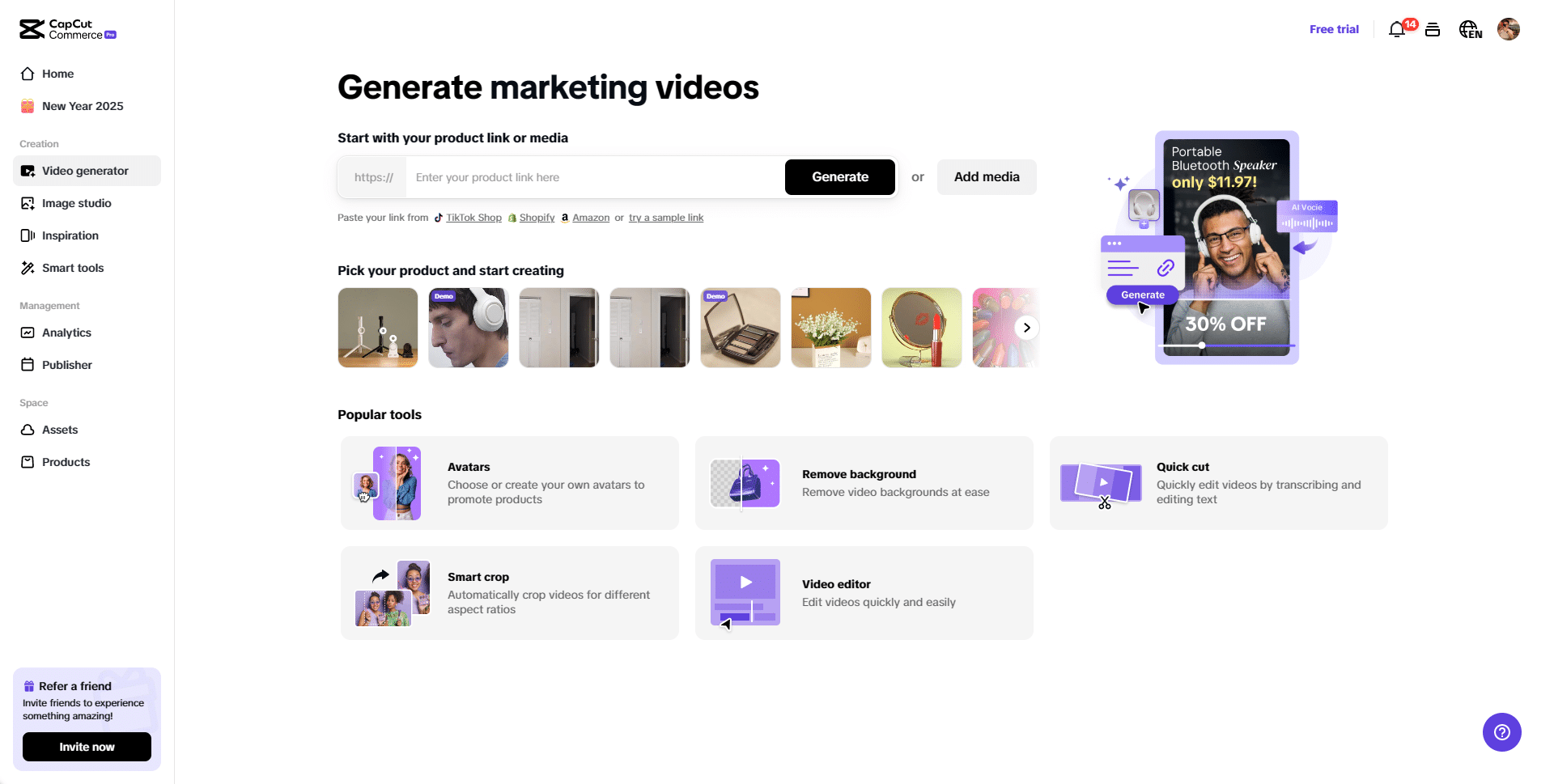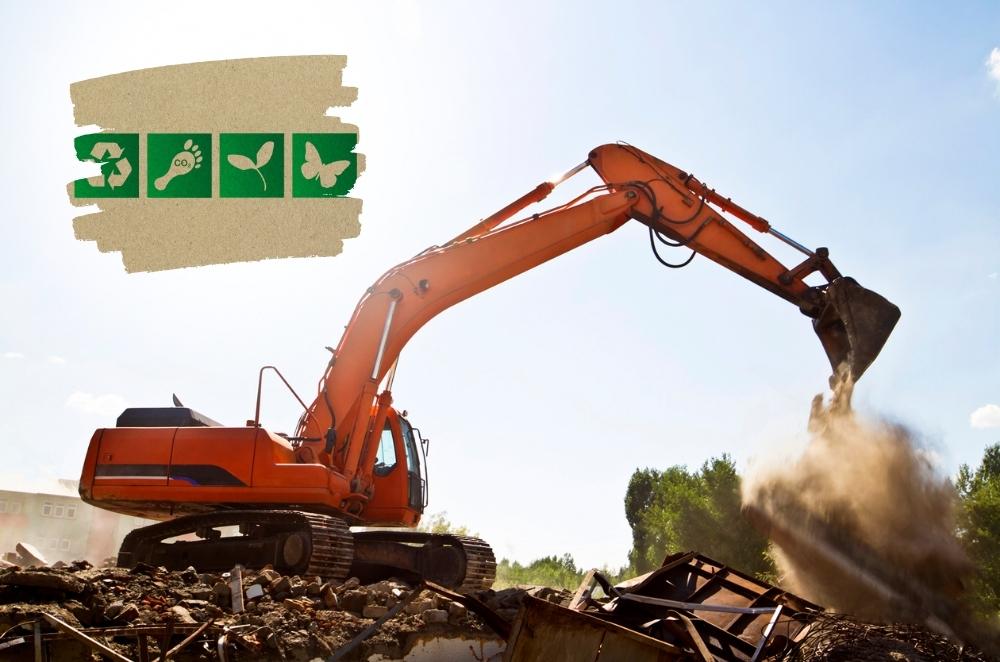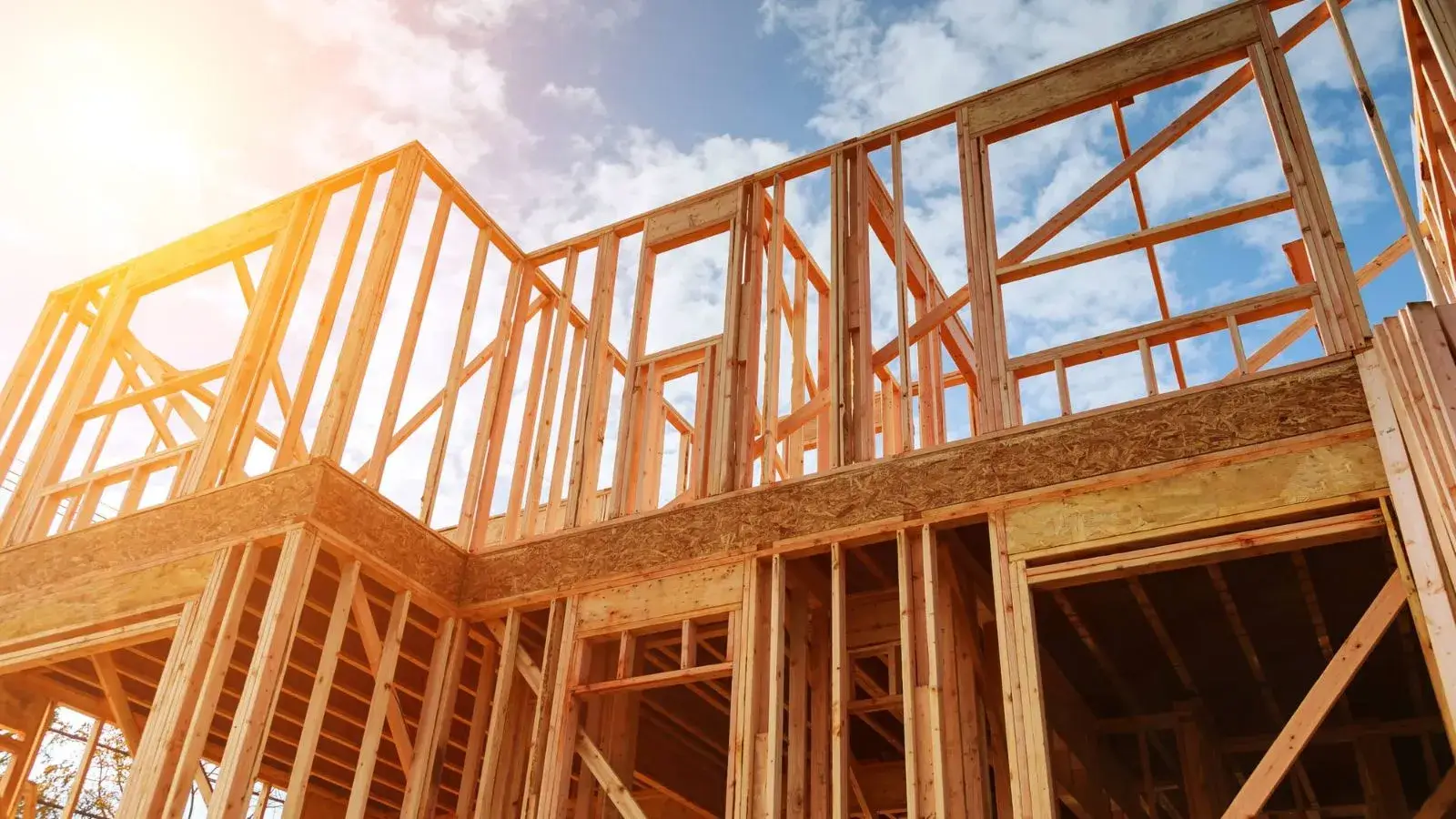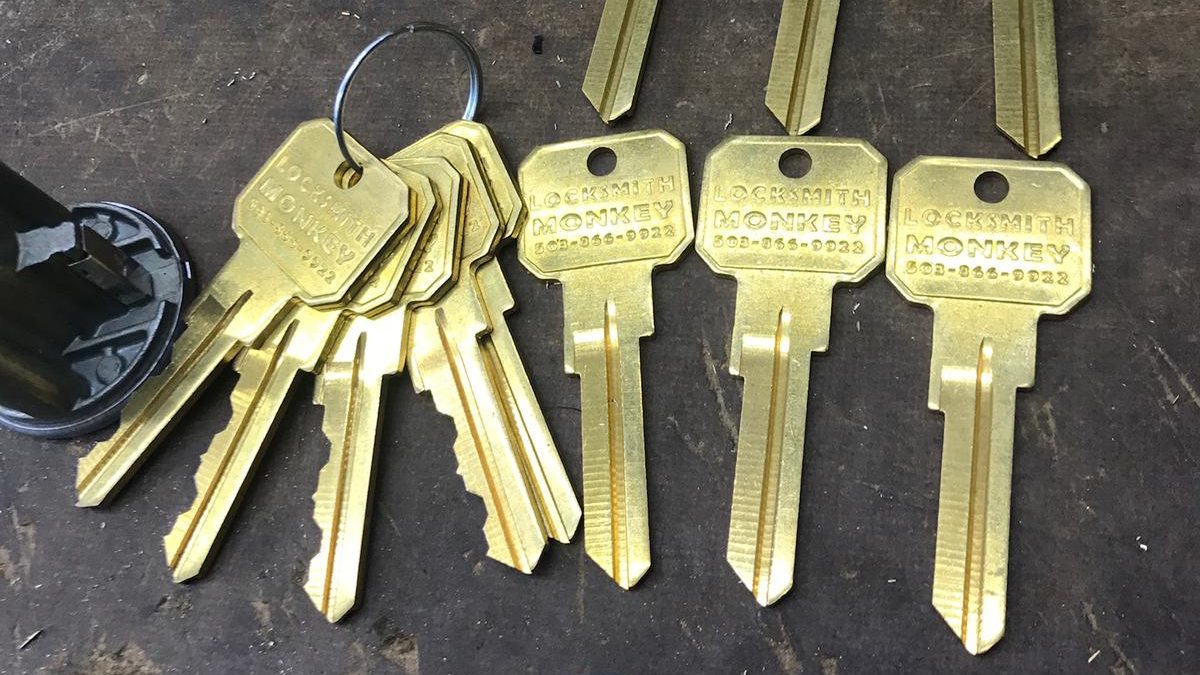
Selecting the right concrete supplier can make a difference in the success of construction projects. Whether working on a small home renovation or a large commercial build, having a dependable supplier ensures quality materials and timely delivery. In this article, you will discover essential tips to identify trustworthy concrete suppliers that can meet project requirements and deadlines.
1. See Quality Standards
When choosing a concrete supplier, the first consideration should be the quality of the materials offered. Reliable suppliers adhere to industry standards, ensuring that concrete meets specifications for strength and consistency. Look for suppliers who provide detailed information about the types of concrete available, including mix designs and performance characteristics.
To further evaluate quality, seek out reviews or testimonials from previous customers. Positive feedback from other contractors can provide insights into a supplier’s reputation. Additionally, ask about certifications or affiliations with industry organizations, as these can indicate a commitment to maintaining high-quality standards.
2. Verify Experience and Expertise
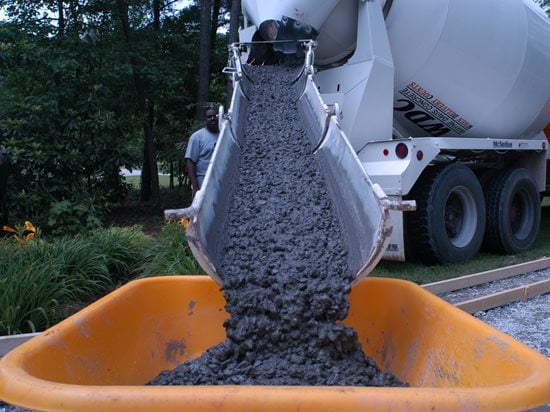
Experience in the concrete supply industry is crucial for understanding project requirements and potential challenges. When evaluating a supplier, inquire about the types of projects that a supplier has handled and the specific expertise in different concrete applications. Furthermore, engaging with a knowledgeable supplier can also lead to better decision-making regarding material choices.
3. Check Delivery Capabilities
Timely delivery of concrete is vital for maintaining project schedules. Ask about the delivery schedule and whether the supplier can accommodate urgent requests if needed. Also, inquire about the equipment used for transportation.
Don’t forget that reliable suppliers typically invest in modern, well-maintained vehicles to ensure efficient and safe delivery. Understanding delivery logistics can prevent delays and contribute to the smooth progression of construction work.
4. Evaluate Customer Service
Good customer service is a key factor when selecting concrete suppliers. When contacting potential suppliers, pay attention to how quickly and effectively questions are answered. Creating a clear communication is essential for addressing any concerns that may arise throughout the project.
Take note that a reliable and trusted supplier that prioritizes customer service often builds strong relationships with clients. In addition to that, establishing a good rapport can lead to better collaboration and support throughout the duration of a project, which is also important.
5. Review Pricing Structures
While quality should be a top priority, pricing also plays an essential role in the decision-making process. Obtain quotes from multiple suppliers to compare costs and services. Keep in mind that the cheapest option may not always provide the best value.
Consider factors such as quality and customer service when evaluating pricing. Additional fees for delivery or special requests can significantly impact the overall cost. Knowing the complete pricing structure ensures that there are no surprises later in the project.
6. Investigate Local Suppliers
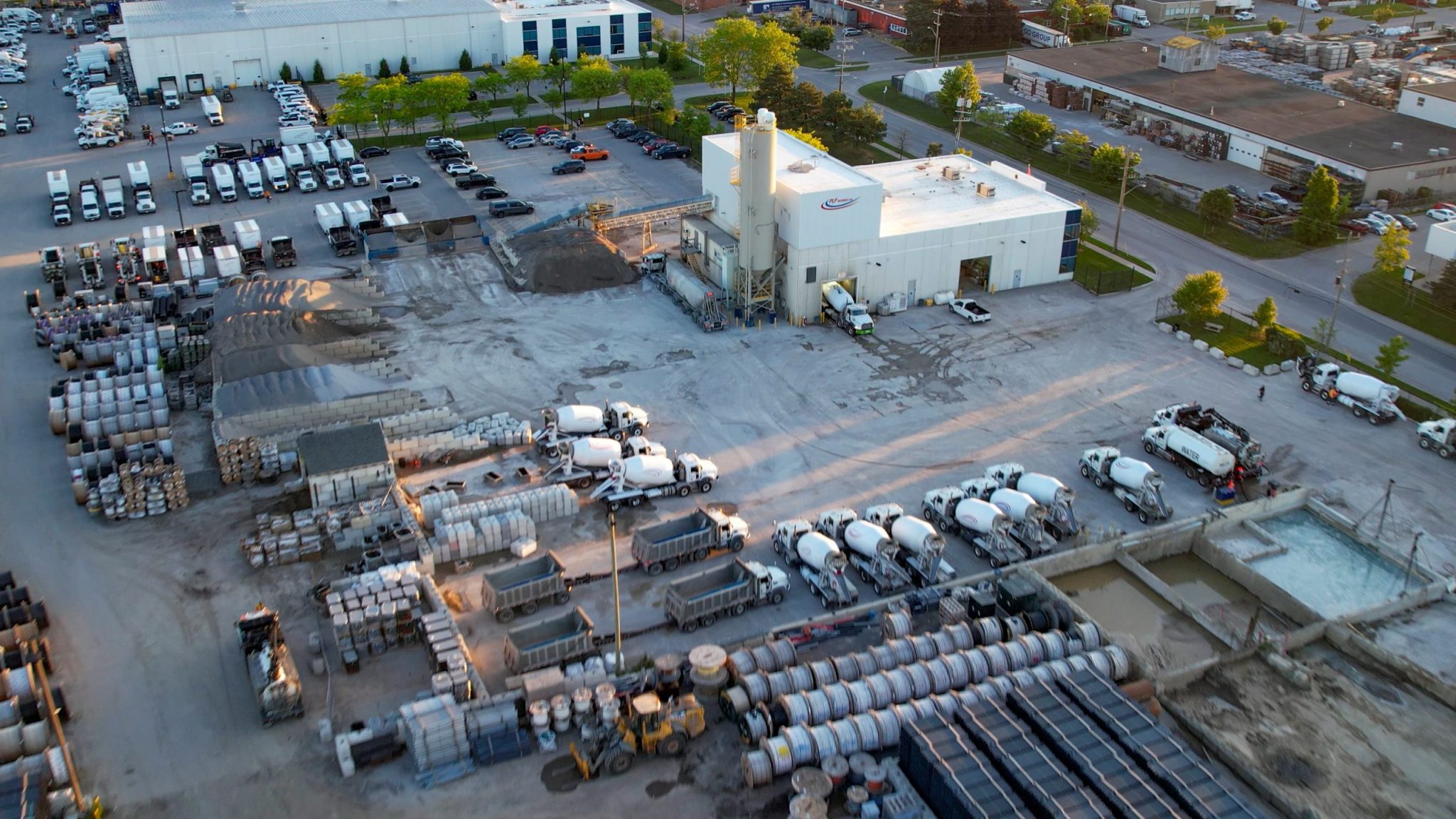
Local suppliers often have a better understanding of regional building codes, and material availability. Don’t forget that supporting local suppliers, construction projects can contribute to the community’s economy while benefiting from personalized service. When exploring options, consider reaching out to suppliers within the local area to discuss project needs and obtain quotes.
7. Examine Product Range
From ready-mix concrete to specialty mixes, having various options available allows for greater flexibility in choosing materials. Inquire about the types of concrete offered and any additional products, such as aggregates or additives, that may be useful for specific projects.
Having access to a broad product range can streamline the procurement process, making it easier to source everything needed for construction. Moreover, suppliers who provide a wide array of products may be more equipped to meet unique project demands.
8. Seek Recommendations
Word-of-mouth recommendations can be invaluable when searching for reliable concrete suppliers. Consulting with other contractors or industry professionals can yield insights into trusted suppliers. Gathering recommendations can help narrow down options and highlight suppliers with a reputation for quality and service. Hearing firsthand experiences can provide confidence in the selection process.
9. Assess Sustainability Practices
Many project stakeholders seek suppliers committed to environmentally friendly practices. When evaluating potential concrete suppliers, inquire about the sustainability initiatives, such as using recycled materials or implementing energy-efficient processes. Choosing a supplier with a focus on sustainability not only supports environmental goals but can also enhance a project’s overall appeal.
10. Confirm Compliance with Regulations

Compliance with local regulations and industry standards is crucial when selecting a concrete supplier. Remember, talking to a reliable supplier should have a clear understanding of relevant laws and regulations governing concrete production and delivery inorder to avoid confusion and problems.
Confirm that the supplier maintains necessary licenses and permits to operate legally within the industry. Making sure that compliance can prevent potential legal issues and ensure that materials meet safety standards is vital. Hiring a reputable supplier should provide peace of mind during the procurement process.
11. Monitor Industry Trends
Staying updated on industry trends can help in selecting a concrete supplier that aligns with current market developments. Suppliers who are aware of advancements in concrete technology, innovative materials, and evolving construction practices are likely to offer valuable insights and modern solutions.
Engaging with suppliers who actively monitor trends can lead to better material choices and construction methods. Doing this proactive approach can enhance project efficiency and quality, ultimately contributing to successful outcomes.
12. Build Long-Term Relationships
Establishing a long-term relationship with a reliable concrete supplier can provide numerous benefits. Trusted supplier will understand specific project needs and preferences, making future procurement smoother and more efficient. Creating a solid partnership can lead to better pricing and personalized support over time.
Aside from that, when choosing a supplier, consider not only immediate project requirements but also the potential for future collaboration. Strong relationship with a concrete supplier can contribute to seamless construction experiences.
Elevate Your Projects with Quality Concrete Suppliers!
By following these tips, the process of selecting a concrete supplier becomes clearer and more manageable. Focusing on quality, experience, customer service, and sustainability can lead to positive project outcomes. Taking the time to carefully evaluate suppliers ultimately pays off in delivering high-quality concrete that meets project specifications and expectations.

































